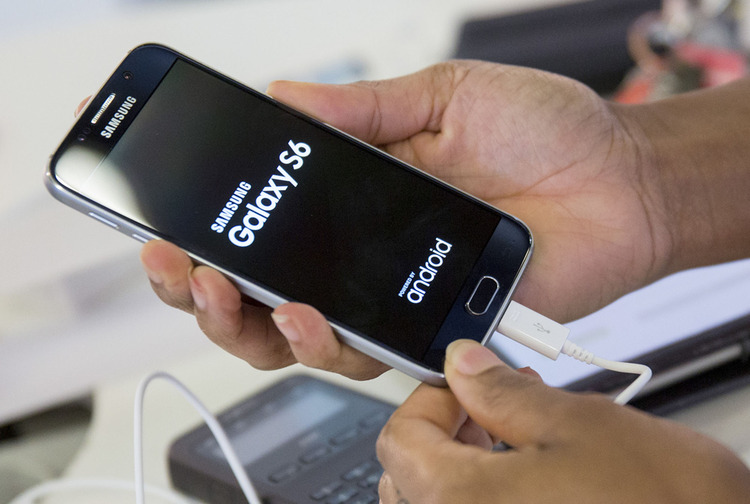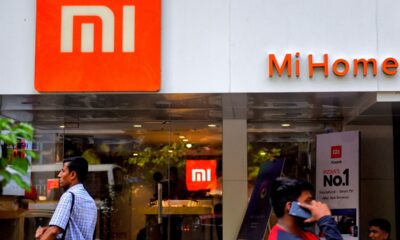Giant Electronics company Samsung has revealed plans to cut back memory chip production following the decline in the company’s key metrics in the first quarter (Q1) of 2023.
The company’s quarterly operating profit decreased by 96 percent compared to the same period last year, worse than the two-thirds decline it suffered three months prior. Reports reveal that this is the lowest profit ever recorded by Samsung since the first quarter (Q1) in 2009.
Samsung said in a statement, “We have cut short-term production plans, but as we project solid demand for the mid-to-long term, we will continue to invest in infrastructure to secure essential cleanrooms and to expand R&D investment to solidify tech leadership”.
The company further added that it will continue to invest in infrastructure, research and development to strengthen its tech leadership in the industry.
Samsung’s decision to cut down on memory chip production sent the company’s stock up 4.7%, its biggest intraday jump in three months. The company, therefore, disclosed that it would cut memory chip production to a meaningful level, as it seeks to optimize line operations to ensure there is adequate memory chip volume for future demand.
While Samsung plans to release its full financial statement and net income later this month, analysts at Bloomberg expect the company to post 1.4 trillion won quarterly profit for the first quarter (Q1) also predicting its revenue to drop to 63 trillion won in the same quarter from 77.78 trillion last year.
Samsung is not the only company that has cut its memory chip investment following the decline in demand, its competitors such as Kioxia, SK Hynix, and Micron Technology have all slashed their memory chip production to counter oversupply.
Meanwhile, on the positive side of the quarter for the company, it globally launched the latest series of its mobile phone, the Galaxy S23 series which recorded sales of about 11 million units, with numbers more than double that of the Galaxy S21 series within the first week.
The series surpassed the 1 million mark in South Korea in a similar timeframe to the Galaxy S22 series. Investors King understands that Samsung will celebrate the 1 million sales mark in South Korea with bonuses for buyers, KRW 100,000 vouchers or damage compensation.














